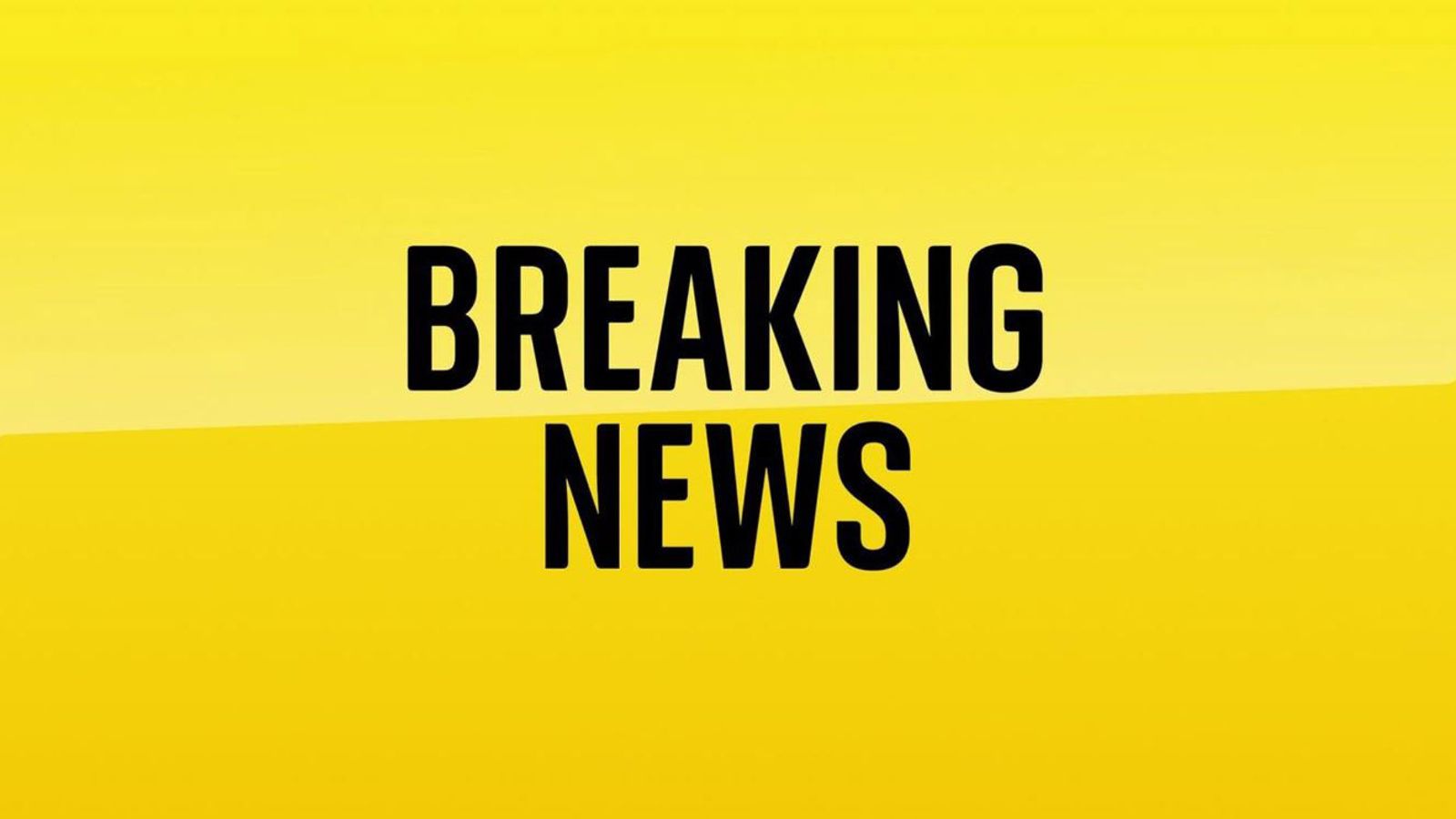The US Supreme Court has sent Donald Trump’s claim that he is immune from prosecution for his actions while president back to a lower court.
Trump faces prosecution over his role in the deadly January 6 riots in 2021 at the Capitol in Washington DC, after he encouraged his supporters to gather at Congress to oppose the approval of Joe Biden’s 2020 election win; and alleged attempts to overturn the 2020 election result.
The former president had been charged with conspiracy to defraud the US, conspiring against the right of Americans to vote and corruptly obstructing an official proceeding and conspiring to do so.
The Supreme Court suggested Trump could be entitled to immunity from prosecution for ‘official acts’ while president but that this protection would not apply to acts as a private citizen.
The lower court must now decide whether he was acting officially or privately.
His legal team had argued he was immune from prosecution as he was serving as president when he took the actions leading to the charges.
Special Counsel Jack Smith, who brought the charges in August last year, has opposed presidential immunity from prosecution based on the principle no one is above the law.
A trial had been scheduled to start on 4 March, before the delays over the immunity issue.
The court’s slow handling of the case has already helped Trump by making it unlikely any trial on these charges could be completed before the election on 5 November.
Trump has pleaded not guilty to the charges.
This breaking news story is being updated and more details will be published shortly.
Please refresh the page for the fullest version.
You can receive breaking news alerts on a smartphone or tablet via the Sky News app. You can also follow @SkyNews on X or subscribe to our YouTube channel to keep up with the latest news.

